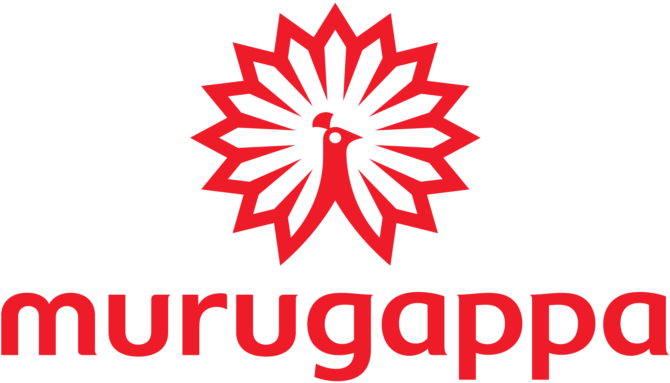
Maximizing Yield and Efficiency: Exploring the Benefits of Crop Management Software for Farmers
In today’s rapidly evolving agricultural landscape, farmers face numerous challenges in maximizing crop yields, optimizing resource utilization, and staying competitive in the market. Fortunately, advancements in technology have paved the way for innovative solutions to address these challenges. One such solution is crop management software, which empowers farmers to streamline operations, make data-driven decisions, and ultimately improve productivity and profitability. In this blog, we will explore the various benefits of crop management software for farmers and how it can revolutionize modern agriculture.
Enhanced Decision-Making:
Crop management software provides farmers with valuable insights and analytics that enable informed decision-making. By aggregating data on soil health, weather patterns, crop growth, and historical yields, farmers can analyze trends, identify areas for improvement, and optimize crop management practices. This data-driven approach empowers farmers to make strategic decisions regarding planting, irrigation, fertilization, and pest control, ultimately leading to higher yields and improved profitability.
Optimized Resource Utilization:
Effective resource management is crucial for sustainable agriculture. Crop management system allows farmers to optimize the use of resources such as water, fertilizers, and pesticides by precisely targeting application based on crop needs and environmental conditions. By monitoring soil moisture levels, nutrient levels, and pest populations in real-time, farmers can apply inputs more efficiently, reduce waste, and minimize environmental impact. This not only improves crop health and yield but also reduces input costs and enhances sustainability.
Streamlined Operations:
Managing a farm involves numerous tasks and responsibilities, from planting and harvesting to record-keeping and compliance. Crop management software streamlines these operations by providing centralized access to critical information and automating routine tasks. Farmers can use the software to track planting schedules, monitor crop progress, manage inventory, and generate reports for regulatory compliance. This automation saves time, reduces paperwork, and allows farmers to focus on more strategic aspects of farm management.
Improved Crop Quality:
Crop management software enables farmers to monitor and maintain crop quality throughout the growing season. By tracking factors such as temperature, humidity, and soil pH, farmers can create optimal growing conditions for their crops and prevent issues such as disease outbreaks and nutrient deficiencies. Additionally, the software can help farmers implement quality control measures during harvesting, processing, and storage, ensuring that crops meet market standards and command premium prices.
Risk Mitigation:
Farming is inherently risky, with factors such as weather fluctuations, pest outbreaks, and market volatility affecting crop yields and profitability. Crop management system helps farmers mitigate these risks by providing early warning alerts and predictive analytics. By monitoring weather forecasts, pest populations, and market trends, farmers can anticipate potential threats and take proactive measures to protect their crops and investments. This proactive approach reduces the impact of unforeseen events and enhances the resilience of farming operations.
Enhanced Collaboration:
Crop management software facilitates collaboration and communication among farmers, agronomists, and other stakeholders involved in the farming process. Farmers can share data, insights, and best practices with their peers, exchange information with agronomic experts, and access support and guidance from agricultural extension services. This collaborative approach fosters knowledge sharing, innovation, and continuous improvement within the farming community, ultimately benefiting farmers and the agricultural industry as a whole.
Conclusion:
Crop management software is a powerful tool that empowers farmers to optimize crop yields, improve efficiency, and mitigate risks in modern agriculture. By harnessing the power of data and technology, farmers can make informed decisions, maximize resource utilization, streamline operations, and enhance the quality and profitability of their crops. As the agricultural industry continues to evolve, crop management software will play an increasingly vital role in shaping the future of farming, driving innovation, and ensuring food security for generations to come.

